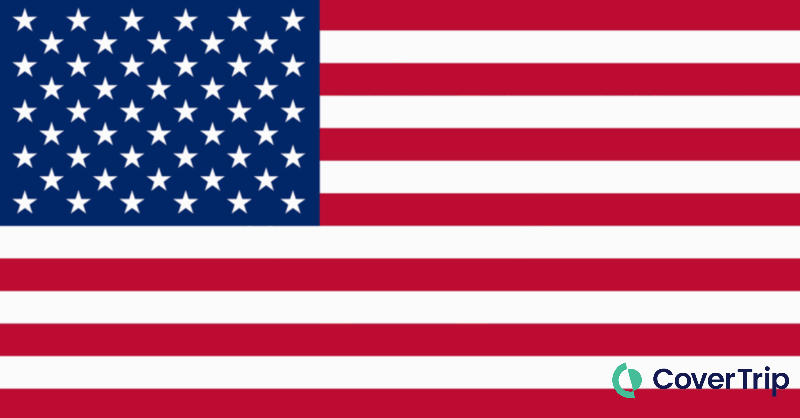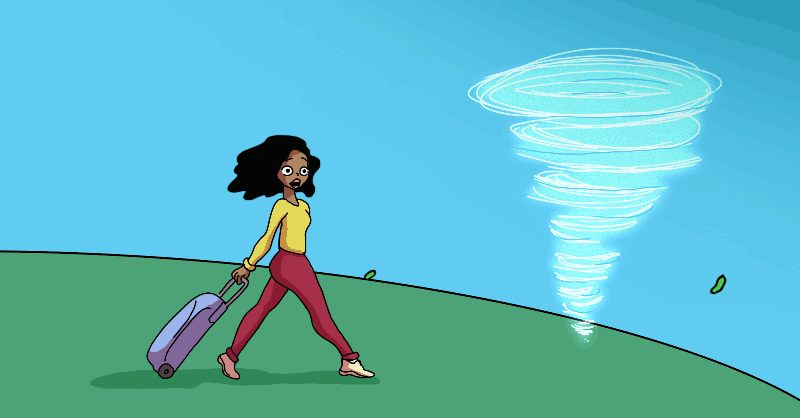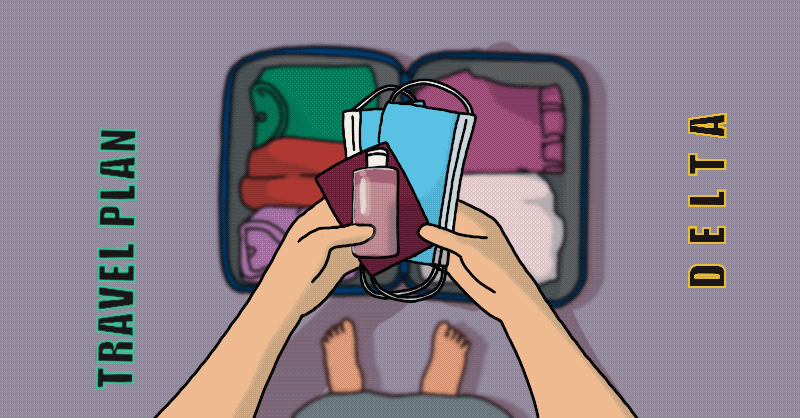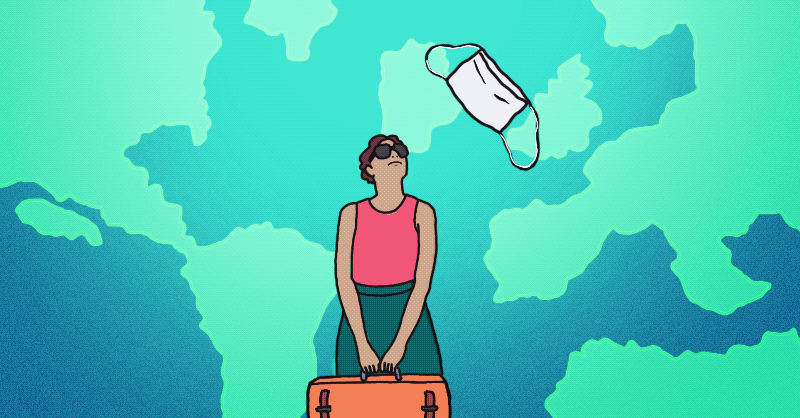
The big travel news this week is the removal of six nations, including the United States, from the European Union’s safe travel list. This impacts non-essential travel to the Schengen Agreement member-nations including Italy, France, and Spain.
It’s important to note that the restrictions recommended on Monday are not yet mandatory. Further, the European Council is leaving it up to individual member countries to impose or ignore their recommendations.
The delta variant that is currently sweeping through the US, causing dangerous surges in infection rates, hospitalizations, and deaths, is what prompted the EU to rethink welcoming American tourists.
Here’s everything you need to know about the new EU travel ban.
US-EU Summer Travel Timeline
Between the dates below, many US travelers took the opportunity to cash in on long-held rewards, mileage awards, and credit card points to snap up travel deals to Europe.
- June 18, 2021 – the EU lifted the travel ban against American tourists (the US does not reciprocate)
- August 30, 2021 – the EU recommended restrictions on US travelers as the delta variant spreads
EU Summer Travel Rules
Travelers had to be fully vaccinated with one of the vaccines approved in the EU. Alternatively, they could avoid mandatory quarantine by showing a recent negative COVID-19 test.
One extra wrinkle was the fact that individual EU countries could mandate their own restrictions on unvaccinated travelers (restrictions didn’t apply to fully vaccinated travelers).
While the list of requirements to get into Europe over the summer was daunting and confusing, not everyone had a hard time getting into Europe this summer.
Can you plan a trip to Europe now?
Pandemic travel planning is tricky and the EU’s latest announcement is still a recommendation, not a full-out travel ban. Essentially, travel to the EU would only technically be banned for vacations and other leisure trips IF they decide to ban all non-essential travel, even with a quarantine.
It is still possible for Americans to fly to Europe despite the US no longer being on the EU safe travel list. Where it could get complicated is this: each EU bloc nation has the freedom to set its own entry requirements for non-citizens.
If you haven’t already booked a trip, the best advice (at least for now) is to wait and see how your desired European destination reacts to this new travel recommendation. It may also be wise to plan to visit only one or two countries at most to make navigating the possibility of changing requirements easier to follow and avoid a potential quarantine.
What if you already have a trip booked?
If you have fall or winter travel planned for Europe, it’s important to remember that the new recommendations are not likely to affect fully vaccinated Americans.
Here’s what to do if you’re concerned about your upcoming trip:
- Start with consulting the official tourism or government website for the country or countries you want to visit. Then, watch that site closely for changes to entry requirements. Hint: the US State Department maintains a country page with the most relevant information for Americans.
- Check your airlines’s website for information on cancellation or changes. Fortunately, most domestic airlines have waived change fees for non-basic tickets (those are the premium economy, business, and first class tickets). If your ticket is one of the non-basic classes, you should be able to cancel and receive a credit.
- Don’t panic yet. Countries are constantly modifying their reopening guidelines based on COVID-19 data, which changes all the time. The EU remains open for now, and this week’s news has not yet been translated into all-out bans that could ruin a vacation.
- Plan on getting a vaccine booster. Croatia was the first to set a maximum validity period on international travelers’ inoculation statuses, and Austria followed suit this week. Both countries have set a nine-month limit on the acceptability of a visitor’s vaccination certificate.
Other interesting news
Travel wallet upgrade – Here’s a combination passport and vaccination card holder, perfect for fall travel.
Good news – Iceland is the only country with zero covid deaths since May.
In hotel news – some hotels are now requiring vaccine proof for staff AND all guests at check-in.
Need to cancel a trip? Here’s how to do it like a pro.





